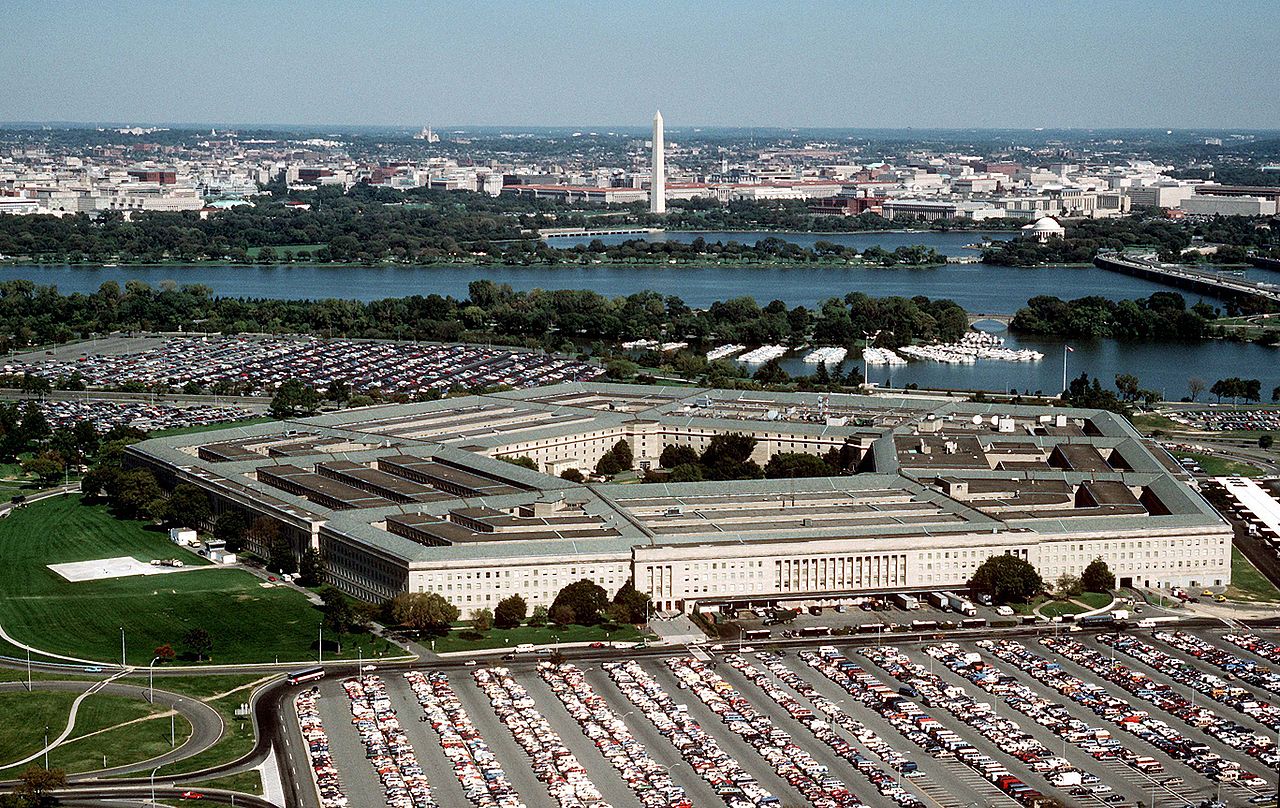John Yoo on Targeted Killing White Paper
John Yoo has a piece in the WSJ which argues that the real problem with the White Paper is that it extends due process protections to enemy combatants on the battlefield, thereby threatening to diminish due process at home:
The real story revealed by the memo is that the Obama administration is trying to dilute the normal practice of war with law-enforcement methods.
Published by The Lawfare Institute
in Cooperation With

John Yoo has a piece in the WSJ which argues that the real problem with the White Paper is that it extends due process protections to enemy combatants on the battlefield, thereby threatening to diminish due process at home:
The real story revealed by the memo is that the Obama administration is trying to dilute the normal practice of war with law-enforcement methods. Its approach reflects the mind-set of an administration populated with officials who spent the Bush years decrying military methods then employed and are now trying to impose a weaker law-enforcement approach to combating terrorism. . . . The memo shows that for the first time in the history of American arms, presidential advisers will weigh the due-process rights of enemy combatants on the battlefield against the government's interests, judge an individual's "imminent" threat of violence, and ponder whether capture is feasible before deciding to strike. Under these provisions, the U.S. military's speed and decisiveness will suffer, even as the intelligence needed to identify drone targets dries up with the withdrawals from Iraq and now Afghanistan. The memo even suggests that American al Qaeda leaders such as Anwar al-Awlaki (killed in a 2011 drone strike in Yemen) enjoy due-process rights. But in doing so, it dissipates the rights of the law-abiding at home. While suggesting that al Qaeda terrorists have constitutional rights, the memo makes no room for judicial review of a strike, as would be required for any actual government deprivation of due process. All we have are scarcely believable accounts that Mr. Obama selects targets from CIA lists with the guidance of St. Thomas Aquinas's writings on what constitutes a just war. This approach sets a concerning precedent regarding the government's respect for due process in future cases involving American citizens and legal residents who actually deserve the right. By including terrorists among those afforded constitutional protections, the president's policy risks stretching those protections a mile wide and an inch deep—weakening them for all Americans.
Jack Goldsmith is the Learned Hand Professor at Harvard Law School, co-founder of Lawfare, and a Non-Resident Senior Fellow at the American Enterprise Institute. Before coming to Harvard, Professor Goldsmith served as Assistant Attorney General, Office of Legal Counsel from 2003-2004, and Special Counsel to the Department of Defense from 2002-2003.





